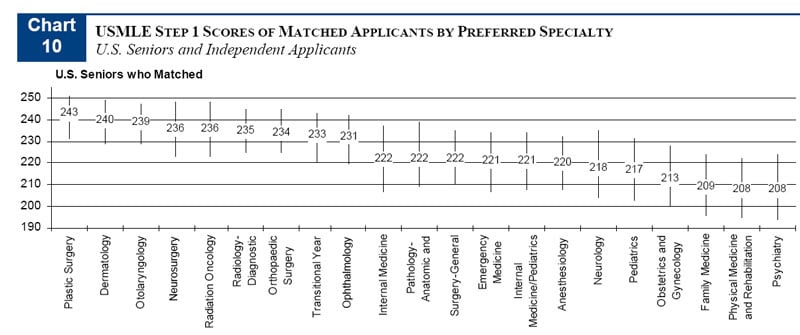- Joined
- Apr 14, 2008
- Messages
- 32
- Reaction score
- 0
Can someone give me an idea of what the typical residency choices for someone in the lowest 25% of a state school MD class are?
Psych?
Peds?
IM?
FP?
What about EM?
Gas?
Anything involving surgery?
Cheers.
Psych?
Peds?
IM?
FP?
What about EM?
Gas?
Anything involving surgery?
Cheers.



